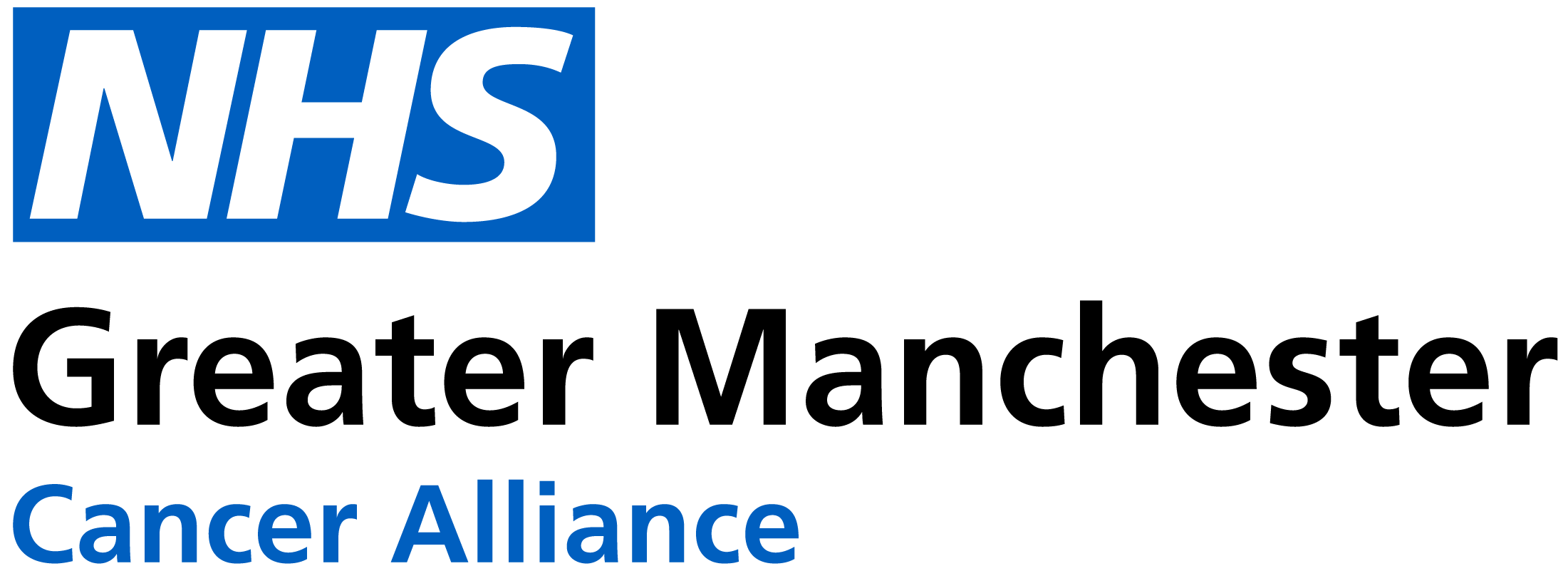Frequently Asked Questions
A support group provides an opportunity for people to share personal experiences, feelings, and coping strategies; with the aims of helping each other with emotional and practical support. Our Greater Manchester Cancer Voices Community is also a supportive environment, but it is with the purpose of using this lived experience to shape and improve services for other cancer patients. We work directly with you, your thoughts and feedback, to create positive change. It is a chance for you to reflect on your experience of our cancer services and work with us to make sure they are fair, understandable, and beneficial for anyone else who may need to access them.
There is no right or wrong time to get involved with our work. Some people will feel ready a few months after diagnosis and/or treatment, whereas others will get involved years down the line.
Joining our community means that you may interact with, and be involved in, communications with a variety of healthcare professionals. This may range from clinical staff, such as oncologists or clinical nurse specialists, to project managers working behind the scenes. Some of the topics discussed may give rise to uncomfortable emotions or remind you of difficult experiences. It is important that you can recognise this so we can support you in identifying the best way to manage such conversations. If you’re still not sure, a member of our team would be more than happy to chat with you and work out if now is the right time for you.
Absolutely not! It is our job to make sure our work as an alliance is clear and understandable. We also create helpful documents such as glossary of terms, or jargon busters, so that you can refer to these whenever you need to.
The value you add, and insights you can provide, come from your personal experience of our cancer services. Although, many of our patient and carer representatives say that they have naturally picked up an increased understanding of NHS cancer services over time, which has increased their confidence in navigating them individually, and when communicating with others. Whatever your level of current knowledge, we are here to support you.
Given the variety of professionals we work with and the geographical area we cover, we use a hybrid model of working. This means we work both virtually and in-person. Our virtual meetings are hosted on Microsoft (MS) Teams and we can provide as much support as you need to feel comfortable using this platform. We will shortly be releasing a video tutorial which has some simple steps for getting set up.
You can filter our opportunities board to choose opportunities based on your preference of participating virtually, in-person or a mix of both. When you register with us, you can also select your preferences for how we get in contact with you, whether this be over the phone or via a text. Whatever your level of technical ability, we can work flexibly with you to make sure that you are comfortable getting involved, in a way that is accessible for you.
We understand that everyone’s lives are different and the time that you have to offer may vary, and this is absolutely fine! There is no minimum or maximum time commitment that we expect. We value any time you can offer and understand that this may change over time. Please let one of our team know what your availability is, and we can work with you to make this fit into your life as seamlessly as possible.
Producing content that is accessible to everyone is very important to us, and every document we produce must meet minimum accessibility requirements. We also ensure all content uploaded to our website is accessible too. However, we do understand things being online comes with its limitations! If you have any concerns about accessing any of our content, please do get in contact with a member of our team and we will be more than happy to help and make sure our content is accessible for you.
All members of our community are involved on an un-paid voluntary basis. However, it is exceptionally important to us that any work which you are involved in does not leave you out of pocket. As a minimum, we cover any expenses (such as travelling to meetings, whether this be by public transport or the cost of fuel to drive there) so that getting involved does not cost you any unreasonable expenses. You can access our expenses form here.
It is completely up to you how much of your experience you share. Some people are happy sharing their experience of their diagnosis and treatment, whilst others prefer to focus on specific details which mattered most to them. The value comes from what you say, not how much!
We endeavour to feedback to you anything that has changed as a result of your involvement, so that you hear about the positive impact that you have made. This may take place in different formats, from an email to a section in our fortnightly newsletter, but please know it is at the top of our priority to let you know the changes that you, and others, have made.
If you have feedback in relation to an individual treatment concern, or a specific hospital trust, you can provide this via the Patient Advice and Liaison Service (PALS). Each hospital has their own PALS officer, and you can find your local one through this search. They will be able to best advise and direct your feedback and/or concerns via the appropriate avenue. They will also be able to advise on whether you should make a formal complaint.
If you are not happy with a service you received, you have the right to complain. Each hospital trust has a dedicated member of staff/department who deals with complaints, and you can find out how to log a complaint on the NHS Complaints Webpage. If you did not receive an acceptable standard of care, please know that this will be taken seriously and dealt with.
The NHS Friends and Family Test (FFT) was created to help service providers and commissioners understand whether patients are happy with the service provided, or where improvements are needed. It’s a quick and anonymous way to give your views after receiving NHS care or treatment. After you’ve completed your treatment or you’re discharged from a service, you may be invited to complete the FFT. You may be asked while you’re still on the premises, or you may be contacted later. Some providers may ask you to give your feedback by post, by text message, over the phone or using their website.
Find out more about different ways in which you can get involved by clicking on one of the links below:
Support Links
If you are experiencing any problems or concerns with your health or wellbeing you should contact a healthcare professional. This could be your GP, nurse or cancer support worker. They can support you to get the help that you need.
You can search for support services in your area at https://www.cancercaremap.org/
There are also many cancer charities that can help to support you. Here are just a couple examples:
Macmillan Cancer Support – https://www.macmillan.org.uk/
Cancer Research UK – https://www.cancerresearchuk.org/


